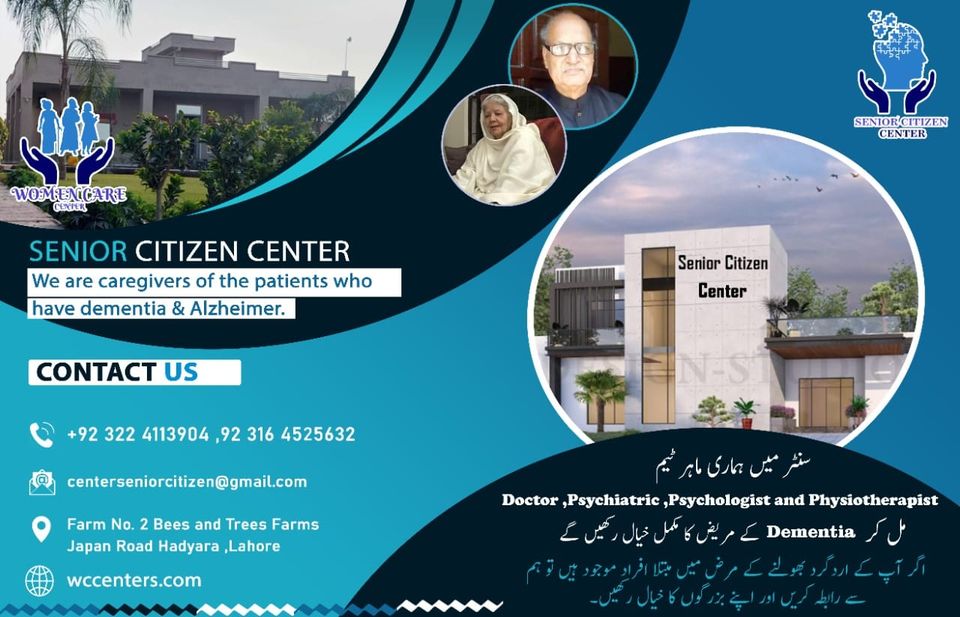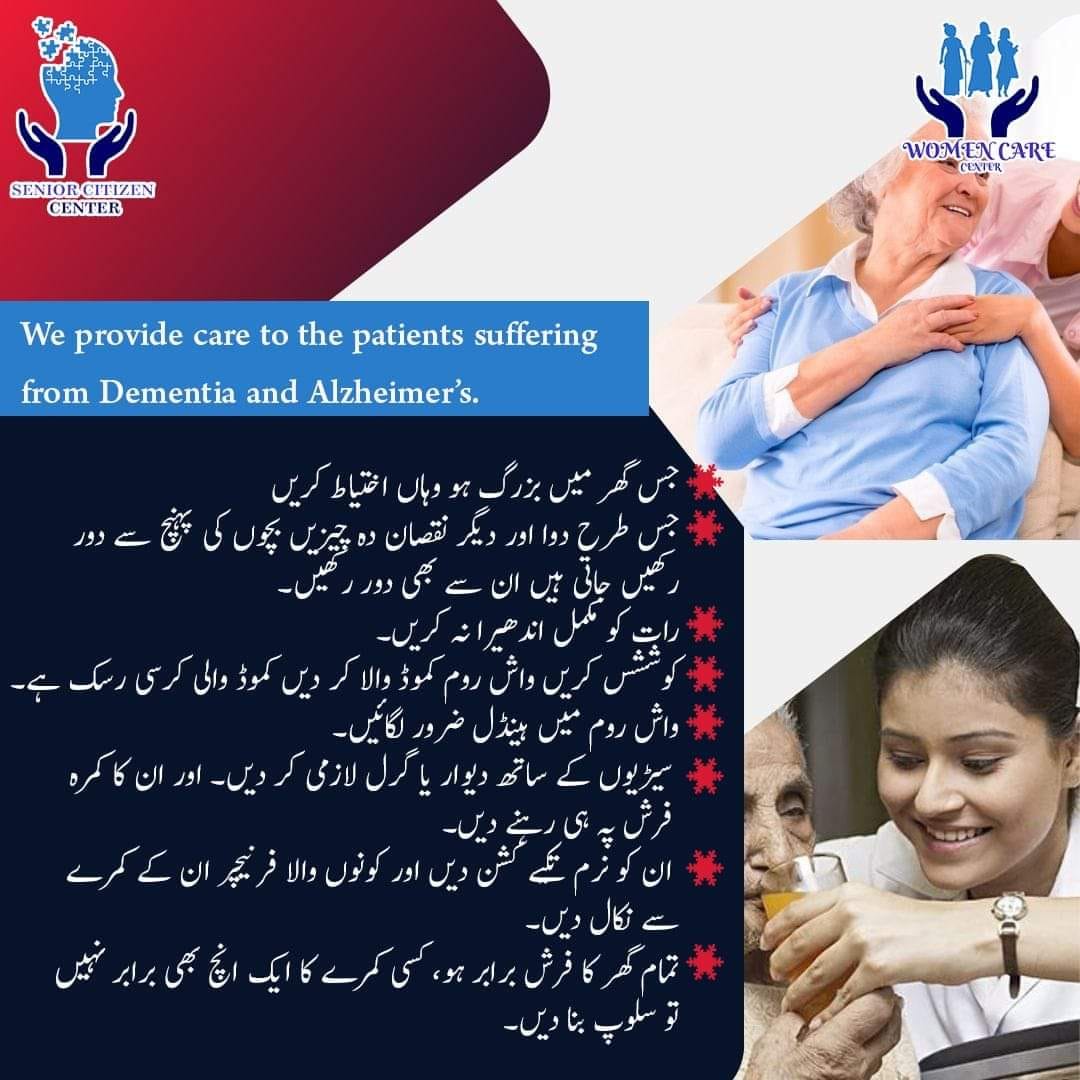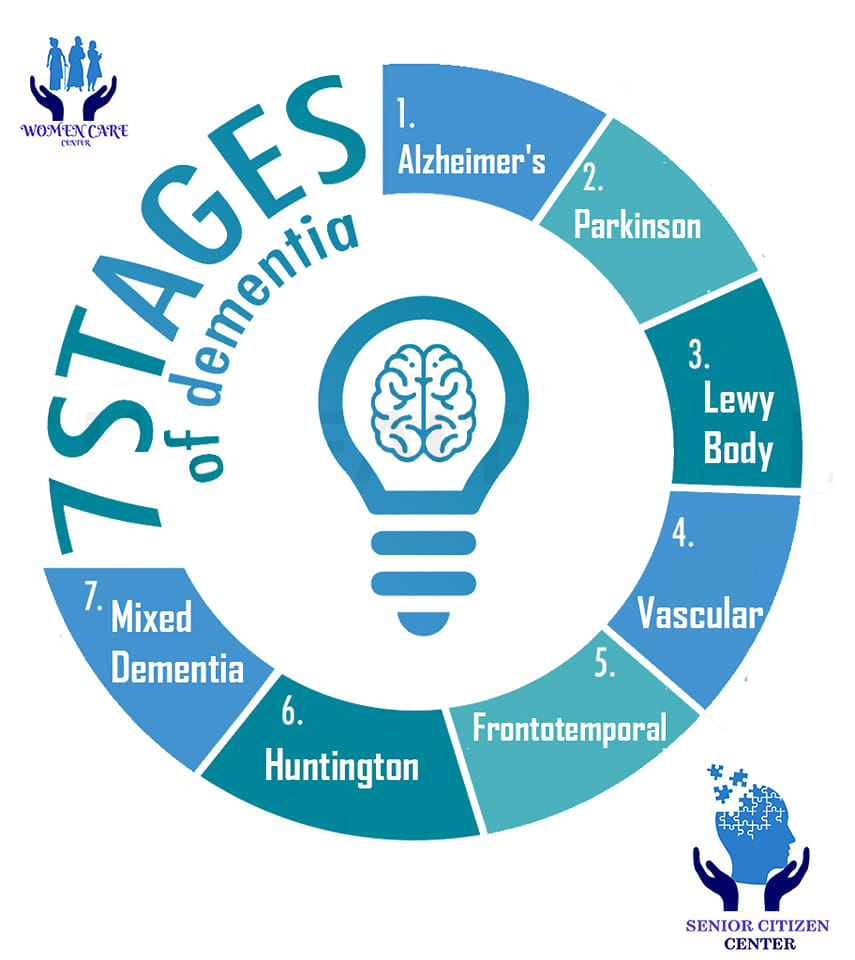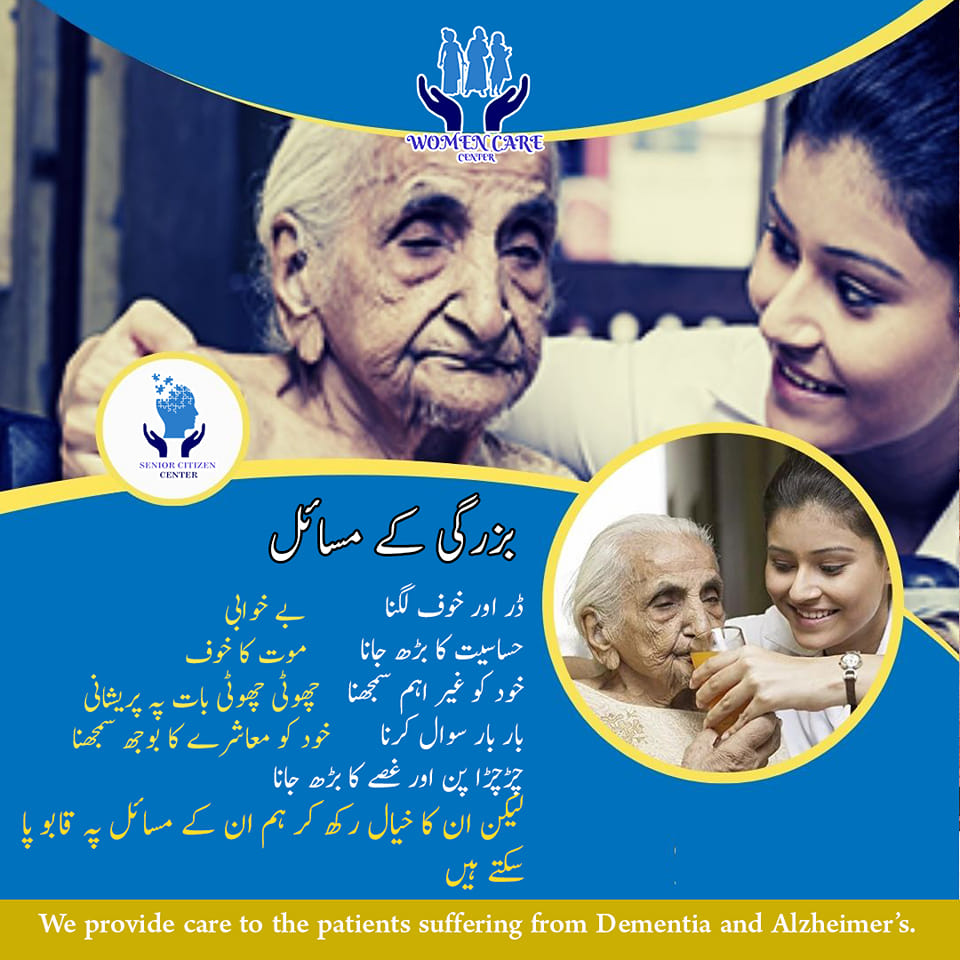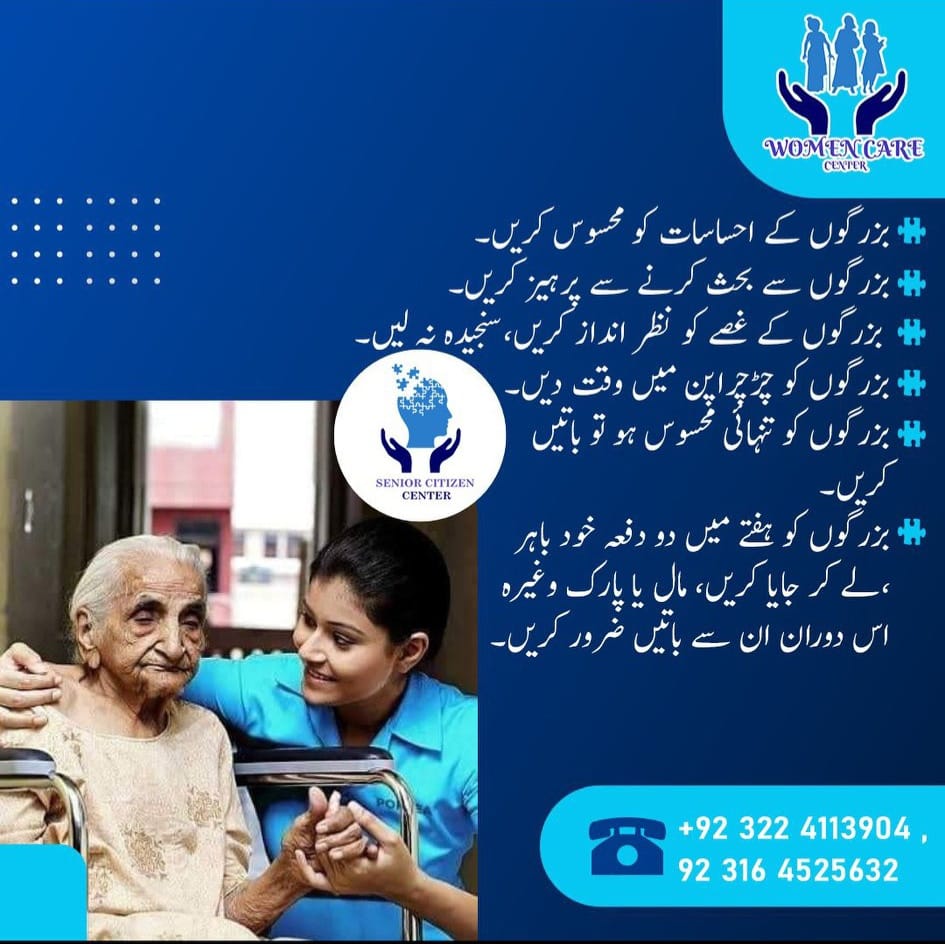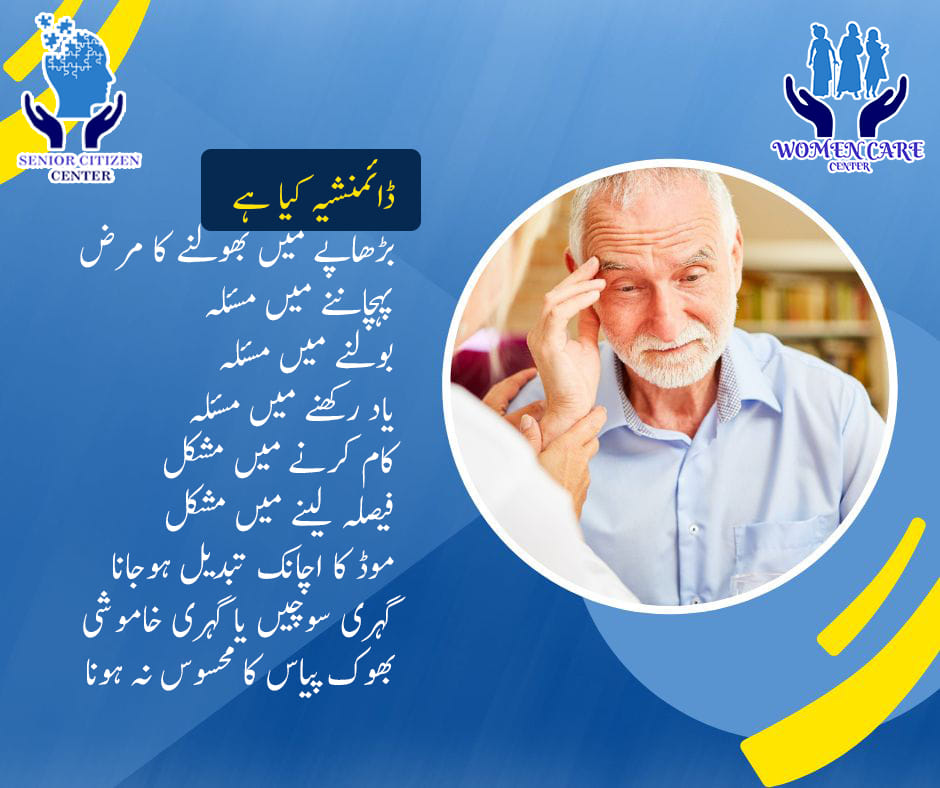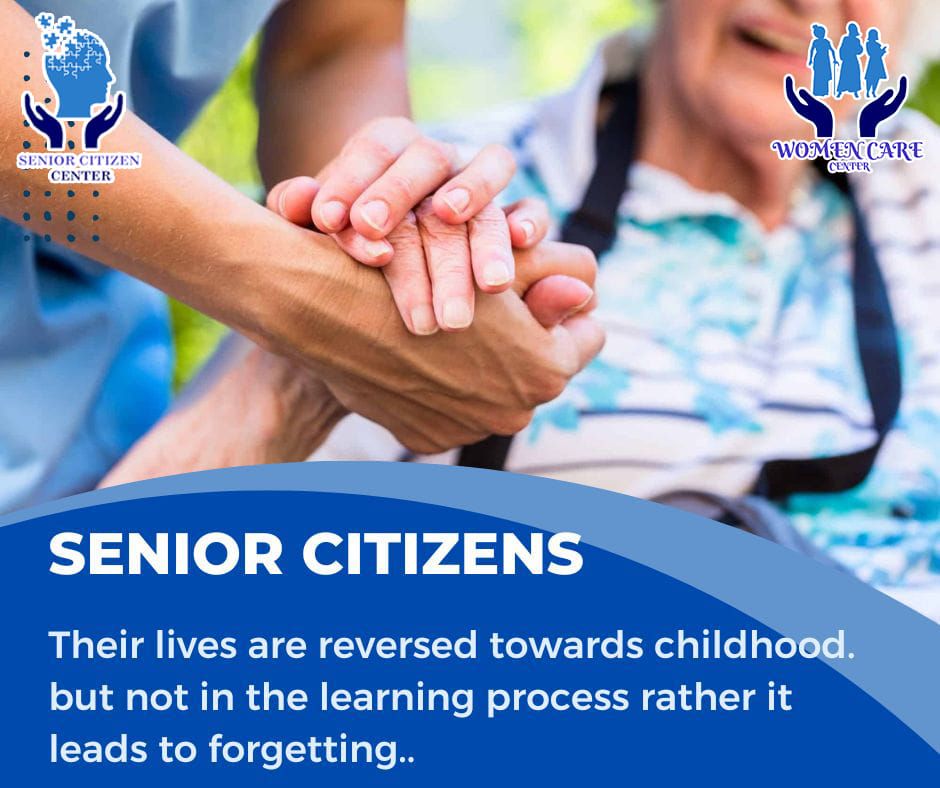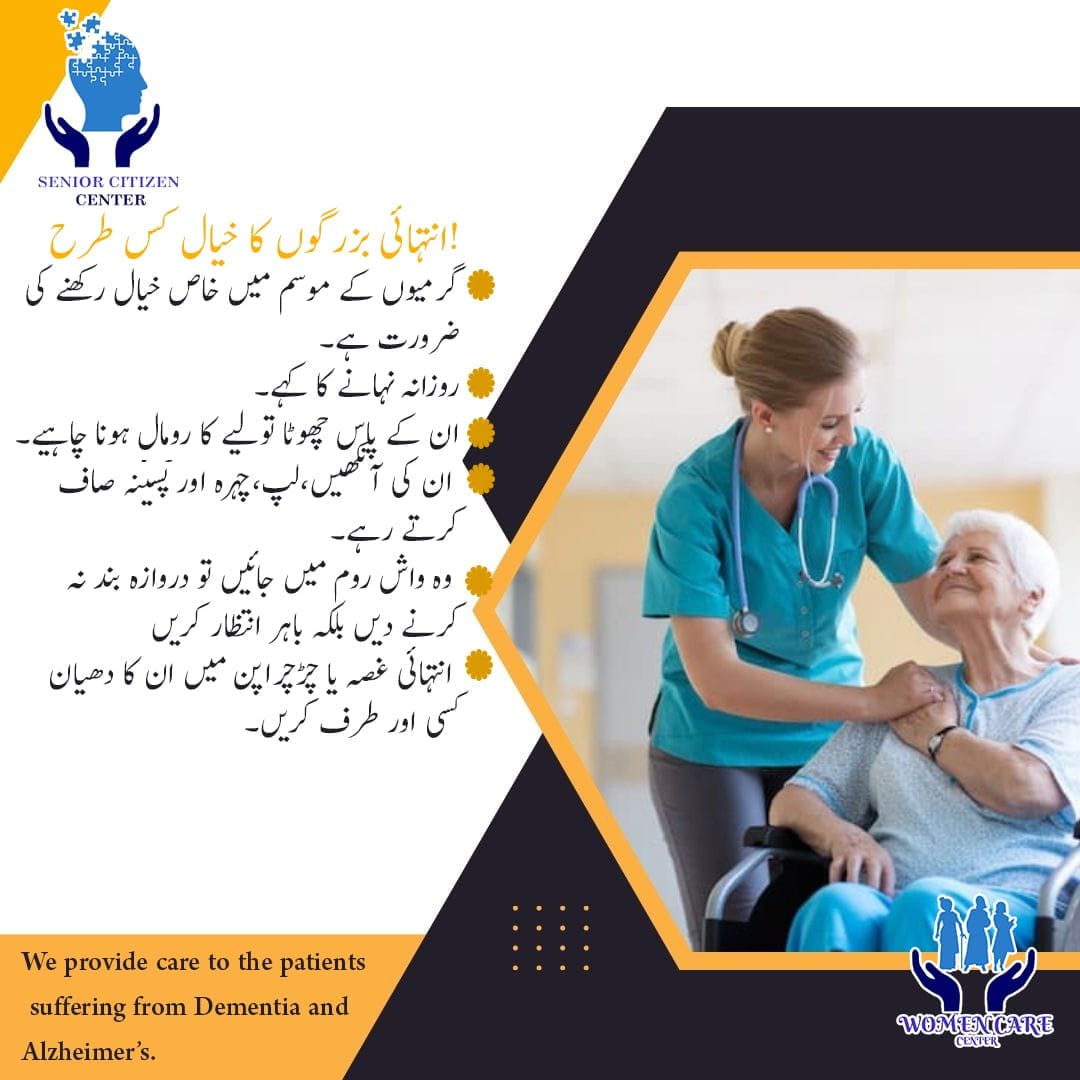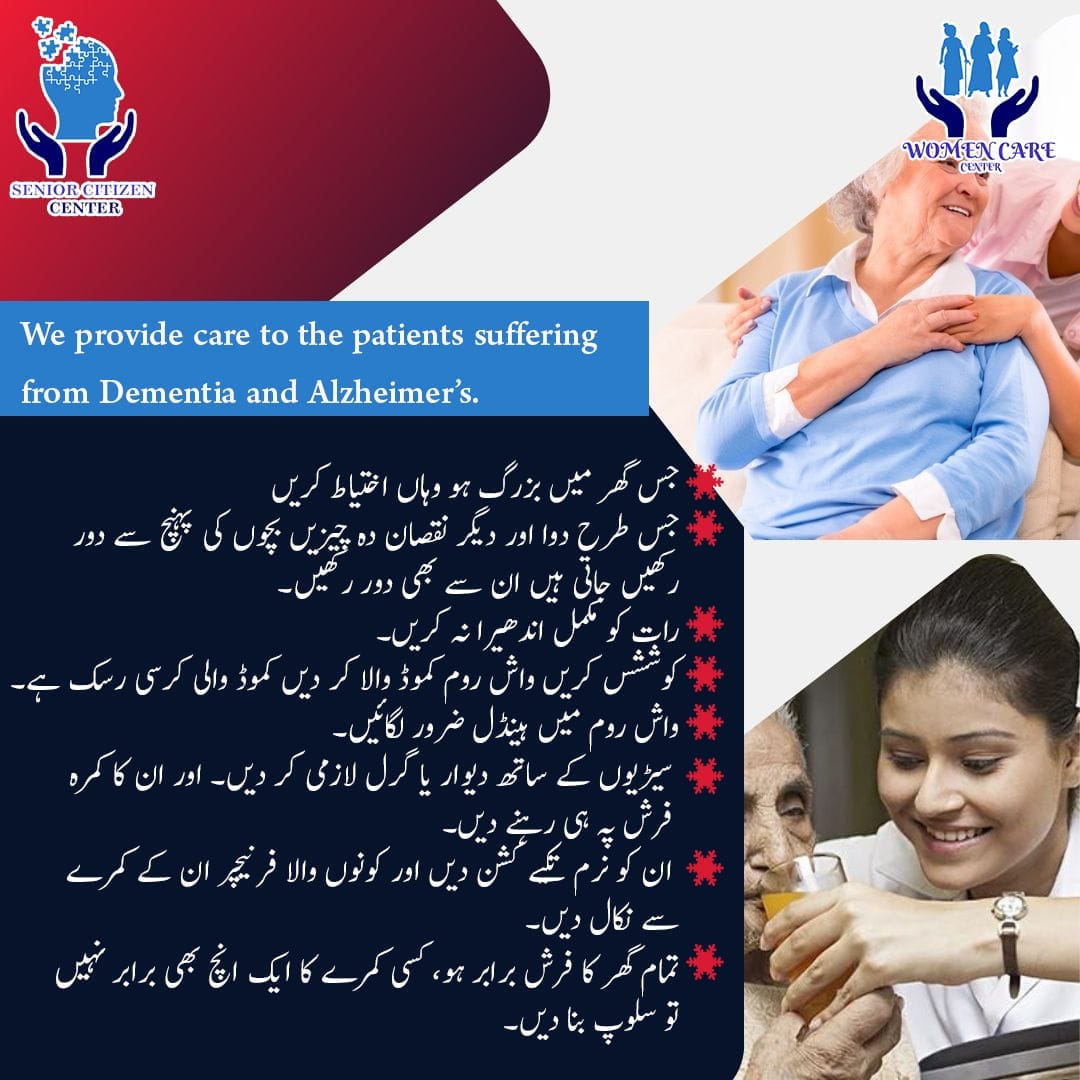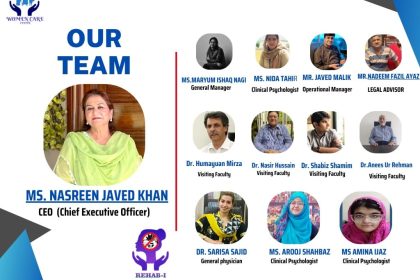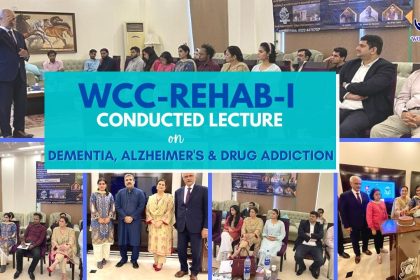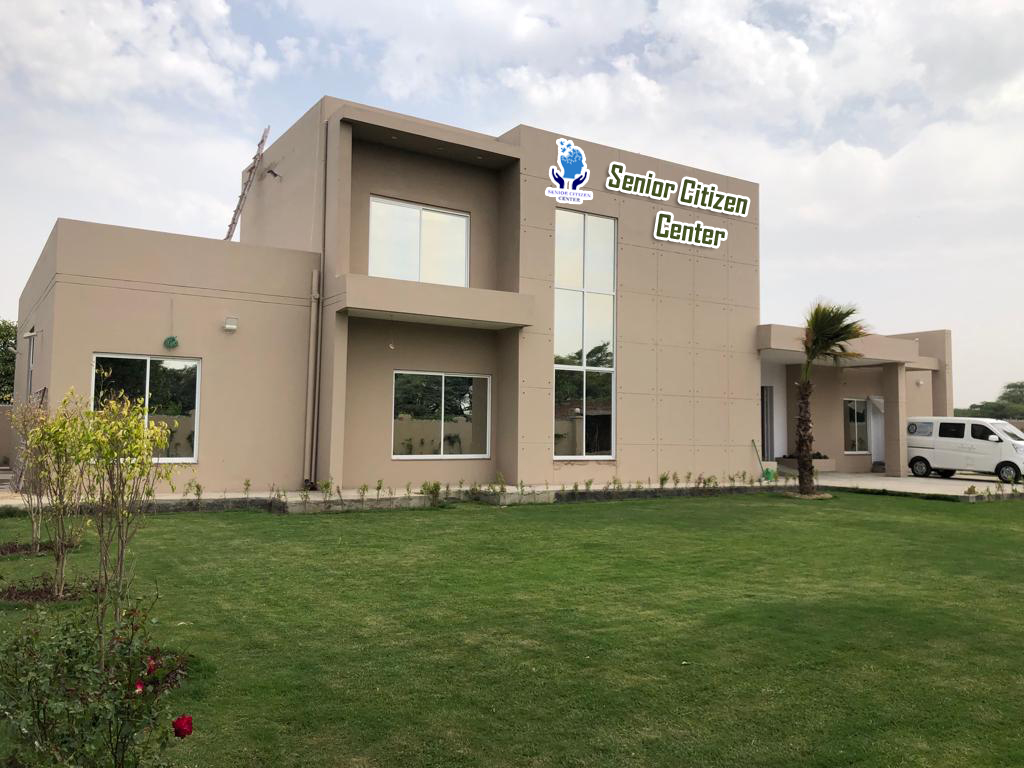
MAKE AN
SENIOR CITIZEN HEALTHCARE CENTER
Alzheimer’s care givers are real heroes.Dementia is caused by damage to brain cells. This damage interferes with the ability of brain cells to communicate with each other. When brain cells cannot communicate normally, thinking, behavior and feelings can be affected.t
functions (for example, memory, judgment and movement). When cells in a particular region are damaged, that region cannot carry out its functions normally.
Dementia is more common in people over the age of 65, but in some cases, it can also affect people in their 30s, 40s, or 50s. With treatment and early diagnosis, you may be able to slow down the progression of dementia and maintain mental function for a longer period of time.
There is currently no cure for most types of dementia – including the dementia caused by Alzheimer’s disease. These types of dementia are what we call “neurodegenerative.” The progression of these dementias cannot be reversed right now; symptoms gradually get worse.
Dementia is more common in people over the age of 65, but in some cases, it can also affect people in their 30s, 40s, or 50s. With treatment and early diagnosis, you may be able to slow down the progression of dementia and maintain mental function for a longer period of time.
- Physical activity. Doing regular physical activity is one of the best ways to reduce your risk of dementia. …
- Eating healthily. …
- Don’t smoke. …
- Drink less alcohol. …
- Stay mentally and socially active. …
- Take control of your health.
Is dementia a mental illness? No, it is a condition of the brain. Our brain is our control centre and it controls everything we do and say and think. When the brain is sick we have problems with all our actions, including remembering, speaking, understanding and learning new skills.
Common early symptoms of dementia
memory loss. difficulty concentrating. finding it hard to carry out familiar daily tasks, such as getting confused over the correct change when shopping. struggling to follow a conversation or find the right word.

SENIOR CITIZEN HEALTHCARE CENTER
Alzheimer’s and dementia care: Tips for daily tasks
If you are caring for someone with Alzheimer’s disease or a related dementia, your role in managing daily tasks will increase as the disease progresses. Consider practical tips that can help the person with dementia participate as much as possible and enable you to manage tasks effectively.
Reduce frustrations
A person with dementia might become agitated when once-simple tasks become difficult. To limit challenges and ease frustration:
- Schedule wisely. Establish a daily routine. Some tasks, such as bathing or medical appointments, are easier when the person is most alert and refreshed. Allow some flexibility for spontaneous activities or particularly difficult days.
- Take your time. Anticipate that tasks may take longer than they used to and schedule more time for them. Allow time for breaks during tasks.
- Involve the person. Allow the person with dementia to do as much as possible with the least amount of assistance. For example, he or she might be able to set the table with the help of visual cues or dress independently if you lay out clothes in the order they go on.
- Provide choices. Provide some, but not too many, choices every day. For example, provide two outfits to choose from, ask if he or she prefers a hot or cold beverage, or ask if he or she would rather go for a walk or see a movie.
- Provide simple instructions. People with dementia best understand clear, one-step communication.
- Limit napping. Avoid multiple or prolonged naps during the day. This can minimize the risk of getting days and nights reversed.
- Reduce distractions. Turn off the TV and minimize other distractions at mealtime and during conversations to make it easier for the person with dementia to focus.
We are caregiver of patients who have Dementia or Alzheimer.
FREQUENT QUESTIONS
Hope for a future free from Alzheimer’s.In-home care includes a wide range of services provided in the home, rather than in a hospital or care community. It can allow a person with Alzheimer’s or other dementia to stay in his or her own home. It also can be of great assistance to caregivers
- carers to help you with washing and dressing.
- laundry services.
- meals on wheels.
- equipment and adaptations to your home.
- access to day centres.
The average life expectancy figures for the most common types of dementia are as follows: Alzheimer’s disease – around eight to 10 years. Life expectancy is less if the person is diagnosed in their 80s or 90s. A few people with Alzheimer’s live for longer, sometimes for 15 or even 20 years.
Dementia lowers a person’s life expectancy, but most dementia-related deaths are due to the underlying cause or complications resulting from dementia. Dementia complications that may increase the risk of death include malnourishment, infection, and serious injuries from falls and other accidents
Alzheimer’s and Parkinson’s diseases, frontotemporal disorders, and Lewy body and vascular dementia all cause a gradual loss of thinking abilities. They damage brain and nerve cells and can lead to pneumonia, stroke, falls, infections, and malnutrition that are often fatal.

